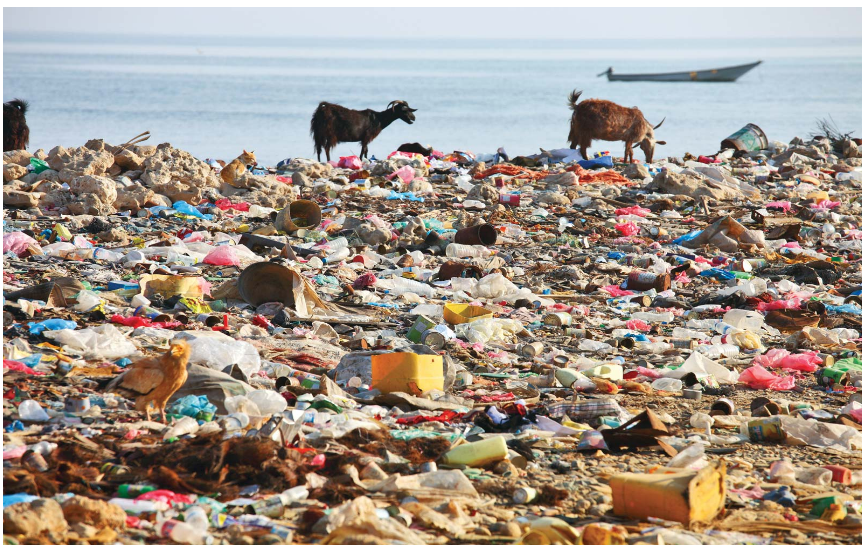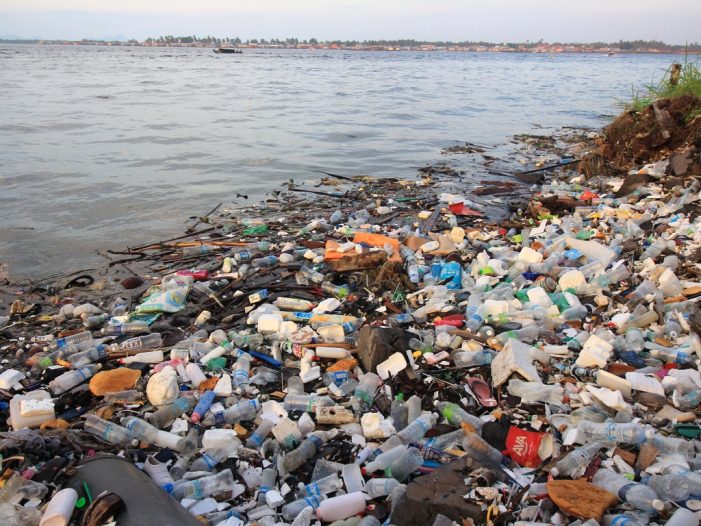In the past century, plastics revolutionized our world, offering unprecedented convenience and versatility. However, their rampant usage has given rise to a colossal environmental challenge: plastic pollution. The alarming proliferation of plastic waste threatens our Waterbodies, wildlife, and human health.
To combat this global menace, urgent action is required in the form of a comprehensive Global Plastics Treaty with robust control measures.
This article explores the gravity of the plastics crisis and highlights the vital steps required to secure a sustainable future for our planet.
VIDEO – Plastic Pollution: Its Cause and Effects
The Gravity of the Plastic Problem
Plastic production has surged exponentially, surpassing 350 million tons annually, and is projected to double in the next two decades. Unfortunately, a staggering amount of this plastic ends up polluting our ecosystems.
The plastic waste entering our oceans alone could reach 250 million tons by 2025, equivalent to nearly one garbage truck of plastic being dumped into the sea every minute. Such figures underscore the urgent need for immediate and concerted action.
Environmental Impact
Plastic pollution has led to severe consequences for marine life, with over one million seabirds and countless marine animals succumbing to plastic ingestion or entanglement each year. Moreover, plastics never truly degrade; instead, they break down into microplastics that infiltrate the food chain, posing a direct threat to human health. The long-term impact of plastic on terrestrial environments, such as soil contamination, further exacerbates this multifaceted crisis.

Social and Economic Implications
The burden of plastic pollution disproportionately affects vulnerable communities in developing nations. Improper waste management, coupled with the influx of imported plastic waste, has led to environmental degradation and adverse health effects. Additionally, economies suffer substantial losses due to the degradation of tourist destinations and the costs incurred in cleaning up plastic waste.
The Call for a Global Plastics Treaty
Addressing the plastic crisis demands a coordinated international effort. A Global Plastics Treaty, akin to the Paris Agreement, must be established to enforce standardized control measures across borders. The treaty should aim to:
1. Reduce Plastic Production: Implement limits on single-use plastics and promote eco-friendly alternatives.
2. Waste Management and Recycling Infrastructure: Encourage investment in efficient waste management systems and recycling facilities.
3. Extended Producer Responsibility (EPR): Hold manufacturers accountable for the lifecycle of their products, encouraging more sustainable packaging and recycling initiatives.
4. Public Awareness and Education: Foster a global campaign to educate citizens about the impact of plastic pollution and promote responsible consumer choices.
5. Innovation and Research: Invest in research and development to explore sustainable alternatives to plastics and enhance recycling technologies.
6. Global Cooperation for a Sustainable Future
For a Global Plastics Treaty to succeed, strong partnerships between governments, non-governmental organizations, and the private sector are essential. International cooperation will facilitate the sharing of best practices and innovations, ensuring a cohesive global response to the plastic crisis.

